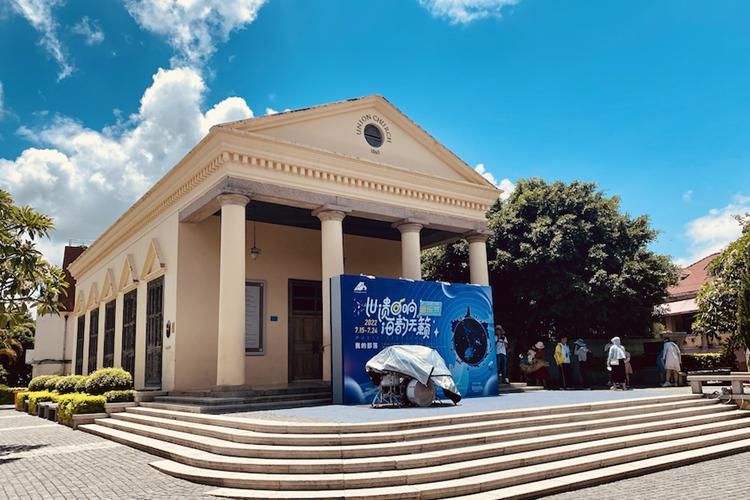In a recent interview with the Christian Times, an online Chinese Christian newspaper, a pastor who has been serving rural churches in Central China for 30 years has witnessed a series of changes in the Chinese church in the past 30 years. We call him Pastor Huang as a pseudonym for safety reasons.
Christian Times: What do you think was the reason for the revival of the Church in China 30 years ago?
Pastor Huang: At that time, the believers were very simple in heart and loved each other. Every believer looked forward to the Lord's second coming, so people worked hard for this goal. At that time, everyone helped each other with farm work in the believers' homes, thinking that helping to finish farm work as soon as possible would allow them to better devote themselves to church work. I think that in the church 30 years ago, the concept of family was relatively emphasized, and there was no distinction between 'you' and 'me'. Just as mentioned in the Book of Acts, "all who believed were together and had all things in common."
On the other hand, after the believers listened to sermons, their execution capability was also relatively strong. After believers heard sermons, they immediately went out and preached the gospel, from village to village, from bus station to train station, from country to town, and from town to city, knocking on every door to preach the gospel.
At that time, believers were close. No one would be upset by a word, and no one would be tripped up by an ugly look.
On the other hand, the Holy Spirit often urged believers to evangelize. People could often bring many people to Christ simply by going out and talking to them. At that time, the Holy Spirit gave power and authority to heal the sick and cast out demons. In fact, at that time, resources were scarce, and the vast majority of people did not go to the seminary or attend any training courses. Instead, they learned to preach only from the older generation of pastors. They gradually changed from not being able to preach or being afraid to preach at the beginning to being able to preach for five minutes or ten minutes, and then to being able to preach for one to three days.
Christian Times: Do you see how the Church has changed 30 years later?
Pastor Huang: In fact, I think there are many crises in the development of the Church after 30 years of development. The first crisis is that the pursuit of believers is not as good as before. Thirty years ago, it was God-centered, but now it is human-centered, and people are more and more confused due to money.
Secondly, the relationship between believers is relatively worse, and there is often not much trust or suspicion.
Another aspect is the problem of different minds. In fact, different minds come from different ideas. For example, old people have different ideas from young people, and people who have studied in the seminary have different ideas from people who have not read theology.
Too frequently, pastors' or leaders' ideas have dominated church development, with little regard for the principle that "This is God's church, and God should rule." When man is in power in the church, God loses his absolute position, and the development of the church becomes stagnant and problematic.
Christian Times: What do you see as the challenges for the church in the future?
Pastor Huang: The same challenge that believers, pastors, and workers face is the temptation of Satan. The way in which it tempts men is that, when they are willing to bow down and worship it, it allows them to enjoy the glory and wealth of nations.
The challenges that believers encounter are mainly the temptations of the world, the snares of money, and the needs of external materials. The main challenge for pastors is that they may not be able to meet the needs of believers in terms of pastoral care. The challenges faced by the workers were mainly economic, perhaps because their pastoral care and teaching did not meet the needs of the church members or because the church was unable to provide for the needs of the co-workers.
Christian Times: How do you expect the church to change in the future?
Pastor Huang: Let God do the work, let God lead, and let God govern.
-Translated by Nicolas Cao












